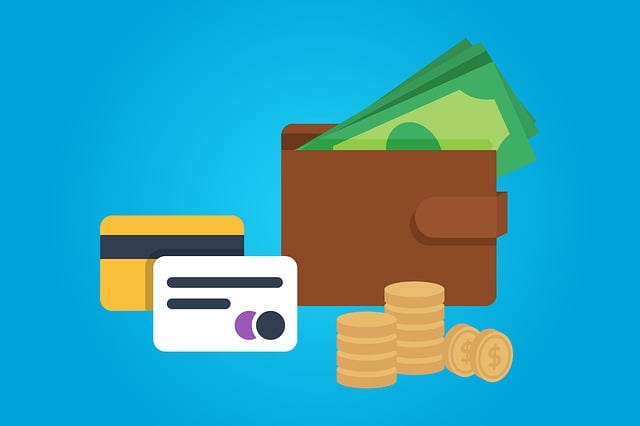Homeowner Consolidation Loans bundle multiple personal loans into one, simplifying repayment and reducing monthly payments. This enhances cash flow, improves credit scores, and saves time & money by eliminating multiple lenders. However, before applying, carefully weigh benefits against drawbacks, considering credit score, debt levels, fees, and alignment with financial goals.
Struggling with multiple personal loans? Debt consolidation could be your solution. This article explores how Homeowner Consolidation Loans offer a strategic approach to managing debt, simplifying repayment, and saving on interest. We’ll delve into the benefits of consolidation, dissect how specialized services facilitate the process, and provide essential considerations for homeowners looking to consolidate their debts. Take control of your finances – read on to learn more about Homeowner Consolidation Loans.
- Understanding Debt Consolidation and Its Benefits for Homeowners
- How Debt Consolidation Services Facilitate Loan Repayment
- Navigating Homeowner Consolidation Loans: What to Consider Before Applying
Understanding Debt Consolidation and Its Benefits for Homeowners
Debt consolidation is a powerful strategy for homeowners grappling with multiple personal loans. It involves taking out a single loan to pay off several existing debts, streamlining repayment and potentially lowering interest rates. This approach can simplify financial management by consolidating all payments into one manageable schedule, eliminating the need to track multiple lenders and due dates.
For homeowners, Consolidation Loans offer significant benefits beyond convenience. By bundling various loans into one, these loans often provide lower monthly payments, thanks to extended repayment terms or reduced interest rates. This can free up cash flow, allowing homeowners to allocate funds previously spent on loan payments towards other financial goals or daily expenses. Moreover, consolidating debt can improve credit scores over time by demonstrating responsible management of credit and reducing overall debt burden.
How Debt Consolidation Services Facilitate Loan Repayment
Debt consolidation services play a pivotal role in simplifying and streamlining the process of repaying multiple personal loans, particularly for homeowners. By pooling together several debts into a single loan with a lower interest rate, these services offer a practical solution to manage and reduce financial obligations. This approach not only eases the burden of making individual payments but also helps homeowners gain better control over their finances.
With a consolidation loan, borrowers can say goodbye to the hassle of managing multiple lenders and payment schedules. The service provider handles the entire process, ensuring that each repayment is applied accordingly across the consolidated debts. This efficiency can significantly reduce stress and save time for homeowners striving to pay off their loans. Additionally, by lowering interest rates, these services can result in substantial savings over the life of the loan, making it an attractive option for those seeking financial relief.
Navigating Homeowner Consolidation Loans: What to Consider Before Applying
Navigating Homeowner Consolidation Loans involves understanding several key factors before applying. These loans are designed to streamline multiple personal loans into a single, more manageable repayment stream. However, it’s crucial to consider both the benefits and potential drawbacks. One significant advantage is reduced interest rates compared to individual loans, which can save you money in the long run. Additionally, these loans often offer fixed terms, providing predictable monthly payments.
Yet, there are considerations beyond interest rates. Assess your financial situation thoroughly—your credit score, existing debt, and budget constraints all play vital roles. Homeowner consolidation loans typically require a strong credit history, so evaluating and improving your credit standing before applying can be beneficial. Moreover, ensure you understand the terms of the loan, including any associated fees or penalties, to make an informed decision that aligns with your financial goals.
